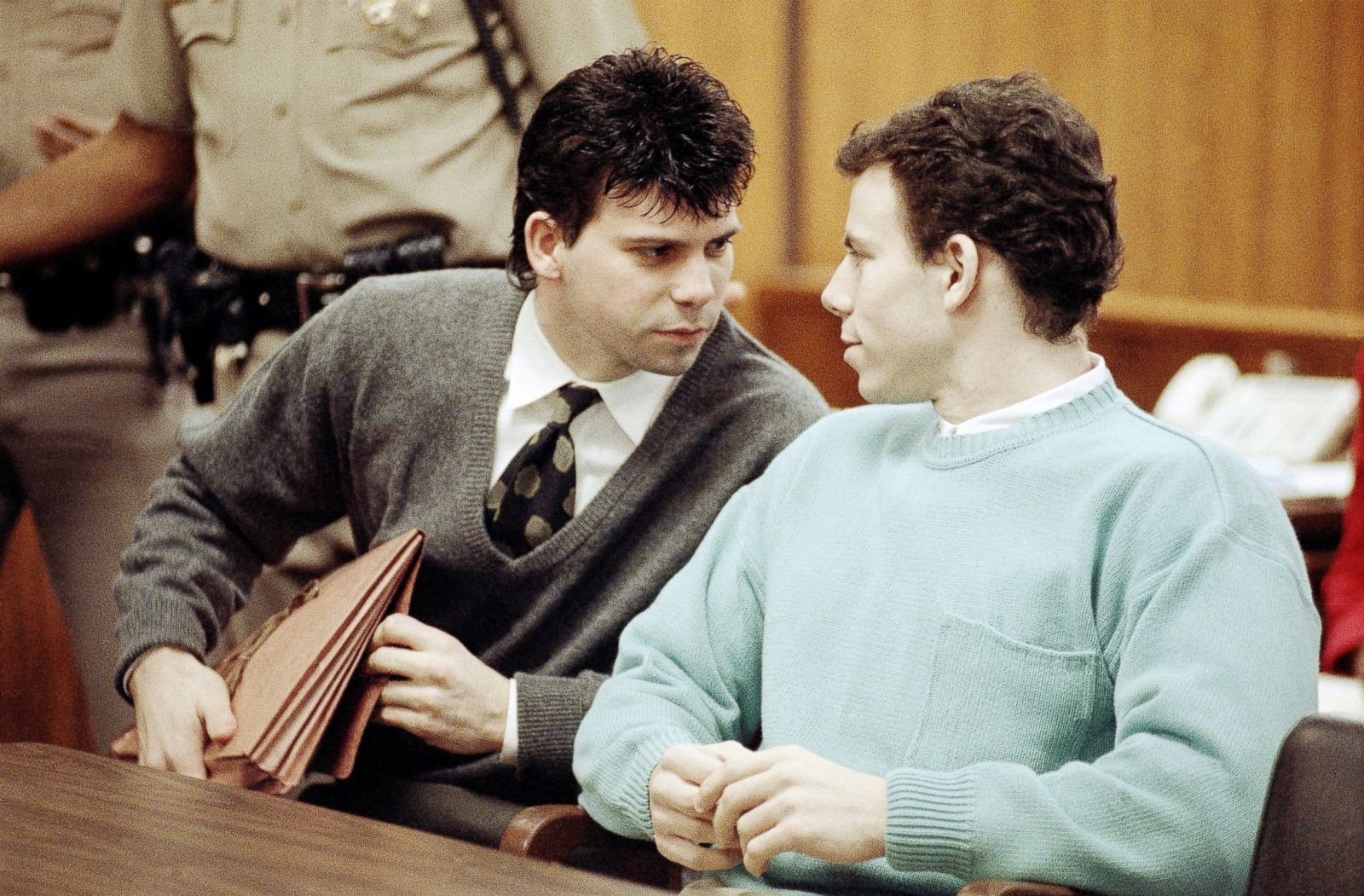

Unraveling The Menendez Brother Trial: A Tale Of Tragedy And Justice
The Menendez brothers, Lyle and Erik, captured the nation’s attention in the early 1990s with their sensational trial following the brutal murders of their parents, Jose and Kitty Menendez. The trial was a rollercoaster of emotions, revealing a complex web of family dysfunction, abuse, and ultimately, a quest for justice. As the courtroom drama unfolded, America watched closely, grappling with questions of morality and the implications of childhood trauma on criminal behavior. The Menendez brother trial is not just a story about a heinous crime; it is a profound exploration of the psychological scars left by familial relationships. Through the lens of this case, we delve into the nuances of the human experience and the legal system’s response to such extraordinary circumstances.
The case took a controversial turn when the brothers claimed they were victims of years of physical and emotional abuse at the hands of their parents, a narrative that sparked intense debate regarding the validity of their defense. Was the violence they inflicted on their parents a desperate act of survival? Or were they simply cold-blooded killers? As we examine the intricacies of the Menendez brother trial, we will uncover how the interplay of abuse, wealth, and privilege shaped the public’s perception of the case and influenced the judicial proceedings.
As we venture deeper into the Menendez brother trial, we will explore the various aspects of the case, including the brothers' backgrounds, the details of the crime, the trial itself, and its lasting implications on the legal landscape. Join us in this examination of a case that continues to captivate and provoke discussion decades after the verdict was reached.
Who Are the Menendez Brothers? A Brief Biography
| Attribute | Details |
|---|---|
| Name | Lyle Menendez |
| Date of Birth | January 10, 1968 |
| Name | Erik Menendez |
| Date of Birth | November 27, 1970 |
| Parents | Jose Menendez, Kitty Menendez |
| Occupation | Convicted Murderers |
| Trial Years | 1993-1996 |
| Verdict | Life in Prison Without Parole |
What Happened on That Fateful Night?
The events leading to the Menendez brother trial are chilling. On the night of August 20, 1989, Lyle and Erik Menendez brutally murdered their parents in their Beverly Hills home. The brothers used shotguns to kill Jose and Kitty Menendez, leaving the scene in a state of utter chaos. Initially, they reported the incident as a robbery gone wrong. However, the investigation soon revealed a more complex narrative.
What Motivated the Brothers to Commit Such a Crime?
As the trial progressed, the defense painted a picture of two young men trapped in a toxic environment. They argued that years of emotional and sexual abuse at the hands of their father, coupled with their mother’s complicity, drove the brothers to commit the unthinkable. Testimonies from psychologists and family friends highlighted the deep psychological scars inflicted by their parents, prompting questions about the nature of their actions.
How Did the Public Perceive the Menendez Brothers During the Trial?
The Menendez brother trial was a media sensation, drawing significant public attention. Some saw the brothers as tragic victims of abuse, while others viewed them as privileged young men who had committed heinous acts without remorse. The courtroom became a stage for drama, with tears, confessions, and shocking revelations that captivated audiences across the nation.
What Were the Key Moments in the Menendez Brother Trial?
- First Trial (1993): The first trial ended in a hung jury, highlighting the deep divisions in public opinion.
- Second Trial (1995): The second trial saw the introduction of extensive witness testimonies and psychological evaluations.
- Emotional Testimonies: Both brothers took the stand, sharing their traumatic childhood experiences.
- Verdict Announcement (1996): The brothers were ultimately convicted of first-degree murder and sentenced to life in prison without parole.
What Legacy Did the Menendez Brother Trial Leave Behind?
The Menendez brother trial left a profound impact on the legal system and the public consciousness. It sparked discussions about the role of childhood abuse in criminal behavior and the complexities of the human psyche. Moreover, the trial raised questions about the privileges associated with wealth and the ways in which it can influence perceptions of justice.
How Did the Menendez Brothers Fare After the Trial?
Following their conviction, the Menendez brothers were incarcerated in separate facilities. Over the years, they have maintained their innocence regarding the premeditated nature of the crime, insisting that they acted in self-defense against their abusive father. Their lives in prison have been marked by attempts to communicate with the outside world and share their stories, further keeping the case in the public eye.
What Can We Learn from the Menendez Brother Trial?
The Menendez brother trial serves as a cautionary tale about the complexities of familial relationships and the far-reaching effects of abuse. It underscores the need for open dialogues about mental health and the importance of recognizing and addressing childhood trauma. As society continues to grapple with these issues, the case of the Menendez brothers remains a powerful reminder of the delicate balance between justice and compassion.
In conclusion, the Menendez brother trial is more than a mere criminal case; it is a reflection of the intricate tapestry of human emotions, family dynamics, and societal perceptions of justice. As we dissect the various elements of this case, we are reminded of the profound impact that trauma can have on individuals and the importance of understanding the underlying factors that drive people to commit acts of violence.
You Also Like
Unraveling The Life And Career Of Scott BaleUnveiling The Life Of Wesley Snipes: His Wife And Family
Dave Chappelle's Dress: A Fashion Statement Beyond Comedy
Unveiling The World Of Nanette Lepore: A Fashion Icon
Unveiling The Excitement Of Survivor 46 Premiere



